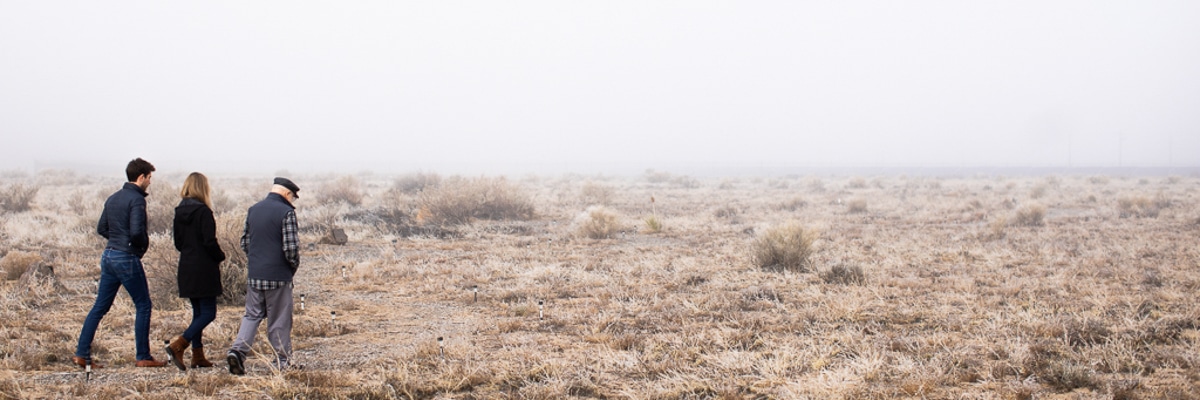
Father Richard Rohr regards nondual thinking as an essential marker of a mentor.
At every stage of the journey, we long for mentors who are believable and reliable, but Western culture tends to create more elderly people than actual mentors who have something to teach us.
Many of us grow more rigid and opinionated as we age. We’re supposed to move from the dualistic thinking of young people to the nondual mind of experience and maturity. This is why, all things being equal, elders should be more skilled at patience, forgiveness, mercy, and compassion than teenagers. If we remain self-assured, self-righteous, self-seeking, dualistic thinkers, we cannot become bridge builders or agents of reconciliation—not even in our own families or neighborhoods.
Presently, too many of our religious leaders seem uninterested in true interfaith dialogue. Our politicians seem incapable of seeking the common good, committing instead to win/lose models. Those at the helm of financial sectors live on extravagant bonuses while much of the world goes hungry. Instead of moving away from dualistic thinking, the people who could have become mentors have used the system to become even more entrenched and dualistic instead. [1]
Father Richard names how mentors are called to support others in their “Real Work”:
A mentor is someone who companions and guides us through our Real Work, which is always going to be focused on the inside, not the outside. It’s not having the right religion, the right salary, the right house. Real Work is second-half-of-life work. As Jesus puts it, “Don’t clean the outside of a dish. I’m concerned about the inside” (see Matthew 23:25–29). The inside includes our attitudes, our intentions, our mind, our heart, why we’re really doing what we’re doing.
Real Work is always about you—not others. It’s saying, “My job is not to change other people. I’ve got to change.” Many people are obsessed with the former, but it’s not our job to get rid of the “bad people” in the world. That’s first stage religion, which is preoccupied with marginalizing the unworthy elements who always happen to be “people who are not like me.” It happens in every country, culture, group, and religion, because that’s the first half of life. When we don’t have a wisdom or mentoring culture, that remains the level of focus.
When we move to the level of soul, the externals are not as defining; roles, titles, costumes, age, and race are no longer the most important questions. Soul recognizes soul, and a mentor presents their own soul unapologetically: “I am what I am, warts and all. I’ve got some faults, but I know I’ve got some gifts too. I offer you my gifts and I hope my warts don’t get in the way of those gifts.” That’s the kind of honest mentor that we all want and that our civilizations need to lead us to the Real Work. [2]
References:
[1] Adapted from Richard Rohr, On the Threshold of Transformation: Daily Meditations for Men, compiled and selected by Joe Durepos and Tom McGrath (Chicago, IL: Loyola Press, 2010), 21, 288.
[2] Adapted from Richard Rohr, Mentoring: Beloved Sons Series (Albuquerque, NM: Center for Action and Contemplation, 2009). Available as MP3 audio download.
Image credit and inspiration: Jenna Keiper, a walk in the fog with Richard, Kirsten, and Patrick (detail), 2019, photo, Albuquerque. Click here to enlarge image. Patrick Boland, Kirsten Oates, and Richard Rohr walk together—students and teacher—navigating a pathway on a cold, foggy morning.
Story from Our Community:
I grew up outside of Boston in a large gregarious Catholic family on a limited income. Going to Mass on Sunday, for me, was like visiting a museum. More than that, it made me feel grounded. The structure, colors, stories, and people offered an opportunity to reflect, and then to soar within myself. I’m grateful for the images offered in the Daily Meditations; they make me reflect on the powerful spiritual mentors who created them and all the images that have enriched my life.
—Patricia M.




